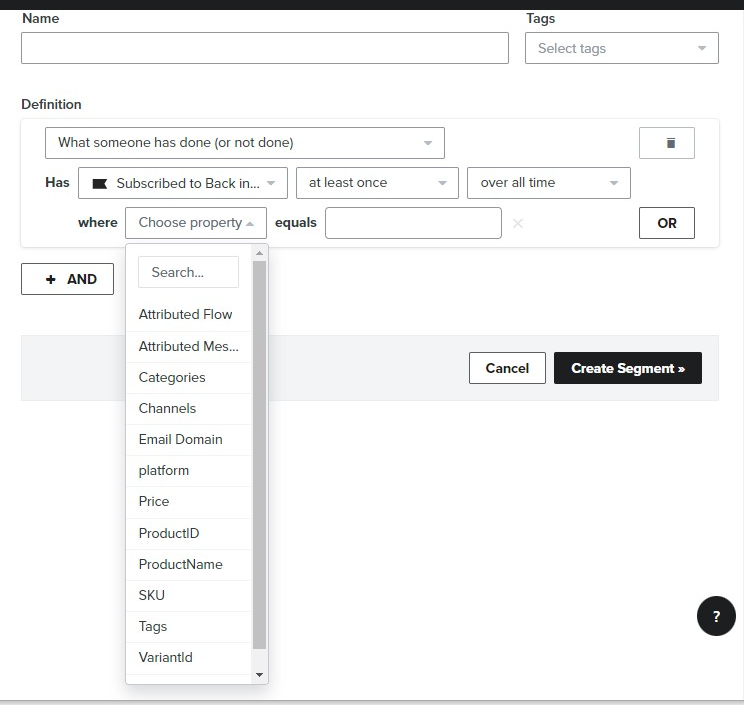There is an issue with the back in stock subscribe event having the product’s tags appended to the products’ categories. The tags field is not shown in the back in stock subscribe event.
This using Shopify platform, but we are sending back in stock subscribe via javascript using email and “catalog-variant” relationship only. We use endpoint : https://a.klaviyo.com/client/back-in-stock-subscriptions
When that subscribe event is viewed in the klaviyo profile, it shows the products tags appended to the products categories, and does not show a field “tags”. It seems when the variant is looked up from the relationship, it is incorrectly mapping the product’s tags to the end of the categories.
This prevents other functionality that uses the subscribe’s product’s tags, such as segments.
Best answer by ashley_mcdermott
View original



![[Academy] Deliverability Certificate Badge](https://uploads-us-west-2.insided.com/klaviyo-en/attachment/505f2253-cde5-4365-98fd-9d894328b3e0_thumb.png)
